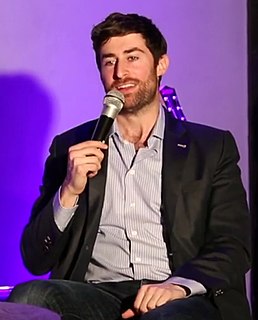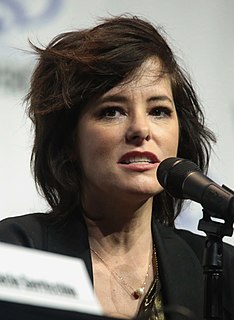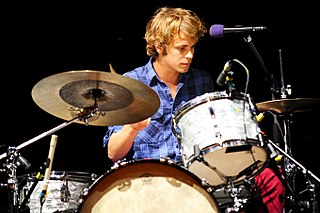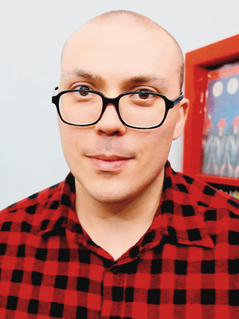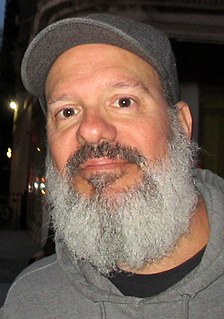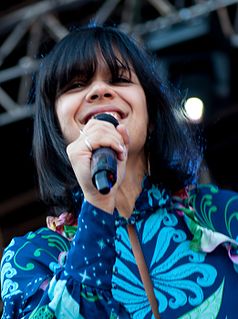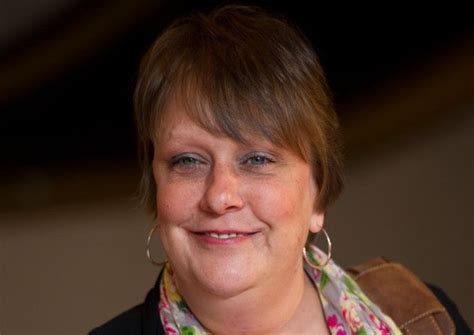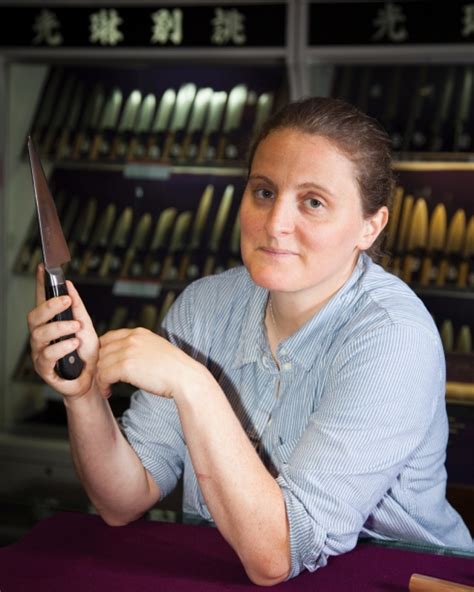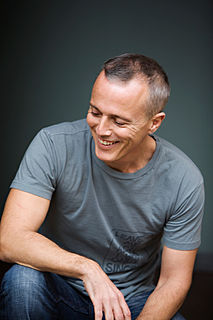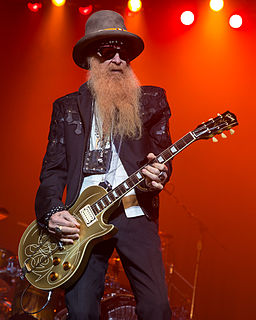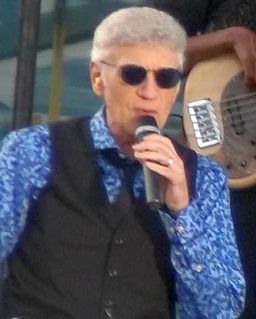Цитата Скотта Роговски
Я не Роберт Кристгау или Чак Клостерман, но я бы сказал, что «Хозяйка» похожа на то, если бы Гарри Нильсона продюсировал Брайан Ино. Или, если бы Дэвид Бирн возглавлял Wilco. Это две мои шумные музыкальные эпиграммы.
Связанные цитаты
Эти оригинальные, черные, энергичные, дерзкие, мятежные мастера музыки. Чак Берри был одним из первых мастеров новой электрогитары Леса Пола; он в значительной степени бросил перчатку, и я не думаю, что кто-то когда-либо побеждал его с тех пор. Задолго до британского вторжения я был настроен на черных парней, которые создали британское вторжение. Без Хаулина Вулфа, Мадди Уотерса, Роберта Джонсона, Лайтнина Хопкинса, Бо Диддли, Чака Берри и хитов Motown не было бы Битлз.
Брайан Ино и Роберт Фрипп совершают искусные экскурсы в эфирные электрические эксперименты. В то время в Лондоне, Амстердаме и Берлине появилось много любопытных вещей, которые разрабатывали яростно нечеткие синтезаторные эффекты, выходившие далеко за рамки нормы, которые действительно срывали завесу над вещами.
Если вы взяли пару Дэвида Боуи и наклеили один из Дэвида Боуи поверх другого Дэвида Боуи, то прикрепили еще один Дэвид Боуи к концу каждого из дужек верхней части первых двух Дэвидов Боуи и обернули весь в грязном пляжном халате у вас будет что-то, что не совсем похоже на Джона Ватсона, но что те, кто его знал, сочтут навязчиво знакомым.
Кто-то сказал мне что-то смешное на днях. Они сказали: «Вулпер, до тех пор, пока две недели назад на твоем надгробии не было написано: «Дэвид Вулпер, человек, создавший «Roots». Я думаю, что на надгробии теперь есть новая надпись. Это будет «Дэвид Вольпер, человек, который организовал церемонию открытия Олимпийских игр 1984 года».
